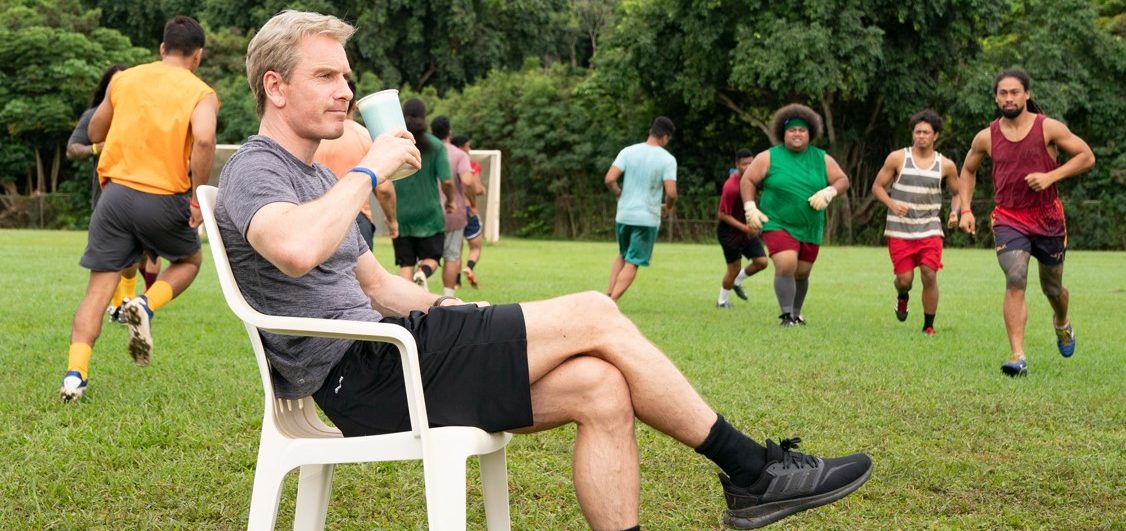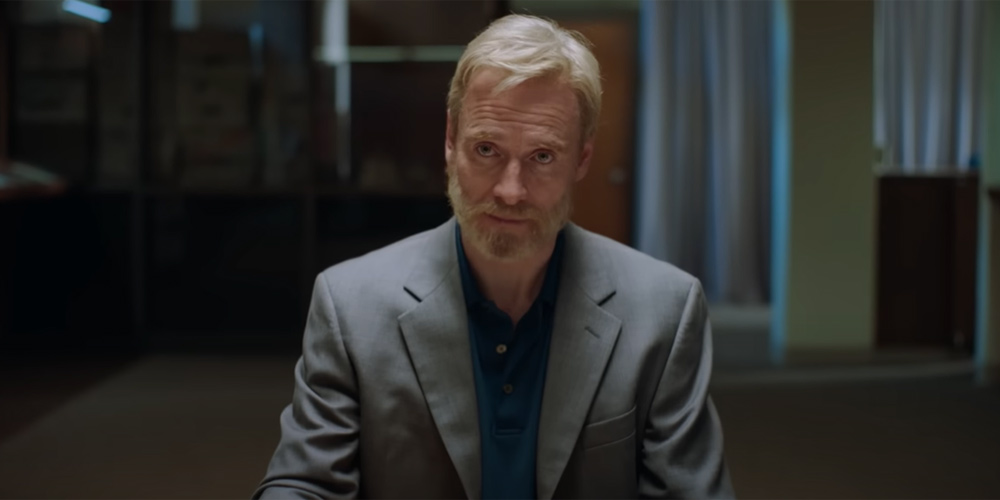Auteur Taika Waititi’s ‘Next Goal Wins’ is the story of a football team that was considered the worst at one point. The sports comedy drama film follows ambitious Thomas Rongen, who isn’t doing too well in his career but is offered a chance to coach American Samoa for the 2014 FIFA World Cup qualifier happening in 2011. He, like everyone else in his circle, knows the team as the losers who hold the record for conceding the most goals in 2001 to Australia, the time they lost 31-0.
With an opportunity to achieve the impossible and direct American Samoa towards a possible win, Rongen packs his bags and heads over to the islands. Michael Fassbender brings life to the film as the coach, with supporting performances from Kaimana, David Fane and Oscar Kightley. The film is packed with humor but is also about the opportunity of a lifetime for Rongen and the team to prove themselves. While it’s based on actual events, let’s see how well it translates to the screen.
The Real Story of How a Coach Helped Save a Losing Team
Inspired by a 2014 documentary of the same name that follows the players and Rongen on their journey, ‘Next Goal Wins’ provides a more dramatized version of the true events surrounding the team. The film makes a reference to the infamous 2001 match where American Samoa suffered a critically embarrassing defeat, which is more than just a bad memory for the team. While the film is set in 2011, this particular match is important because of the way it affected their morale and reputation in the international football community, which Rongen, as the coach, tried to overturn. It provides a background to understand why even a small win in the 2014 qualifiers was so important to them.

In the real 2001 match, everything that could possibly go wrong went terribly wrong for American Samoa. For starters, 16 of their original team members couldn’t participate in the match because of US passport issues, forcing the then coach, Tunoa Lui, to work with inexperienced players, some of whom hadn’t even played the 90-minute format before this match. The only person from the original team was the 20-year-old goalkeeper Nicky Salapu, whose inability to save even one of the 31 goals kept haunting him for a long time. No team in international football had ever conceded so many goals in a single match, and the players got a reminder of that even years later while walking down the street.
To get over the trauma of the defeat, Salapu had to keep comforting himself with rematches on his PlayStation and Xbox for years to come to ensure American Samoa won by at least 50 goals each time. In 2011, when he was given an opportunity to prove himself again, he got some closure, and now this routine has been upgraded. He lets his son, Dylan, play as American Samoa while he, as Australia, allows him to score. Salapu always looked back at the moment and felt that if he had better defenders and things had been a little more in their favor that day, their defeat wouldn’t have hurt so much.
But all of this misery was replaced by hope when the real Thomas Rongen was given the opportunity to reach out to the team and accepted it as a great challenge, knowing that things couldn’t get any worse. Rongen has had many wins in his career, but he still considers what he did with American Samoa in 2011 as his biggest victory. When Rongen started training the team, he was met with players who still remembered the defeat very clearly. Till that point, they hadn’t won a single international match in 17 years and had 38 consecutive defeats to their name. Even scoring one goal seemed like a huge deal for them, but Rongen remained optimistic.

Rongen changed the team’s strategy, motivated the players and looked them in the eyes before the match to let them know that he expected them not just to win but also not concede goals, which seemed impossible at that point. He also decided to bring back Salapu from retirement for this match, knowing that he and the team needed a win. The team had been associated with FIFA since 1998 but had never won a single match. But on November 23, 2011, they won their first-ever international match against Tonga, and this 2-1 victory couldn’t be sweeter. They were seen celebrating in utter disbelief after the match, knowing that Rongen finally managed to help them end their losing streak and gave them some hope.
This match was followed by American Samoa drawing 1-1 against Cook Island. While this might not seem like a huge achievement, it definitely was for American Samoa, who took one more step towards not losing in double digits to a team with a huge margin, and it felt great to them. This small achievement was captured in the 2014 documentary and is the central theme of the feature film, too. While American Samoa didn’t end up qualifying for the 2014 FIFA World Cup, they did manage to redeem themselves and move away from the position of the lowest-ranking team.
Ultimately, even if ‘Next Goal Wins’ is based on this touching incident, it is not entirely rooted in reality. Rongen certainly feels great about Michael Fassbender playing him in a movie but also acknowledged that some details, like Rongen in the movie being hesitant to coach the team, don’t completely go with his story, along with other incidents that have ended up adding more humor to it. But he feels satisfied with how the incident has been portrayed, knowing that it would certainly appeal more to the audience.
Read More: Best Football Movies and Shows on Netflix


You must be logged in to post a comment.